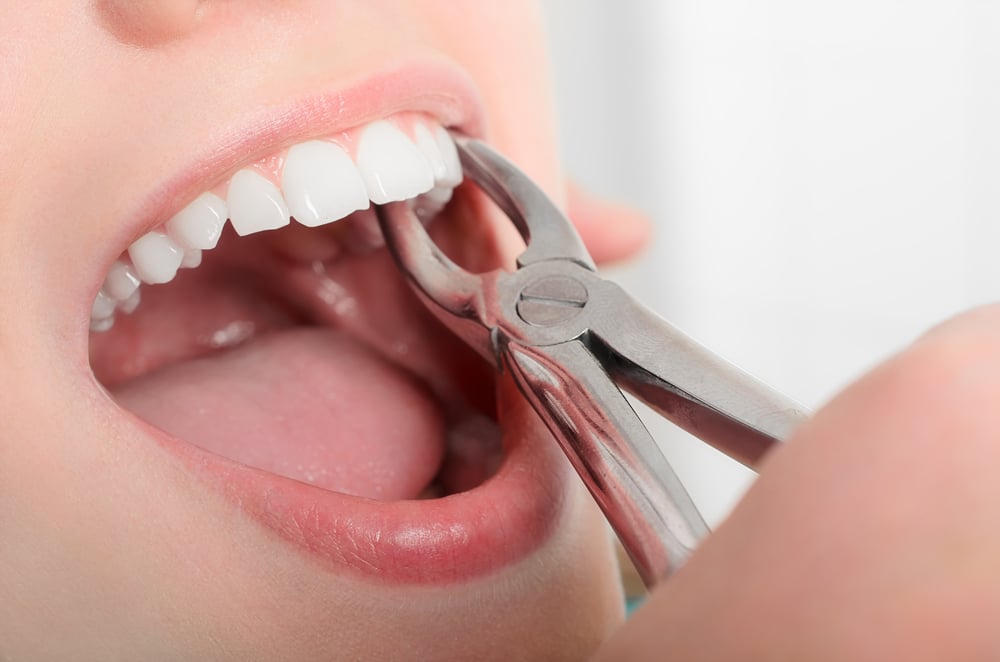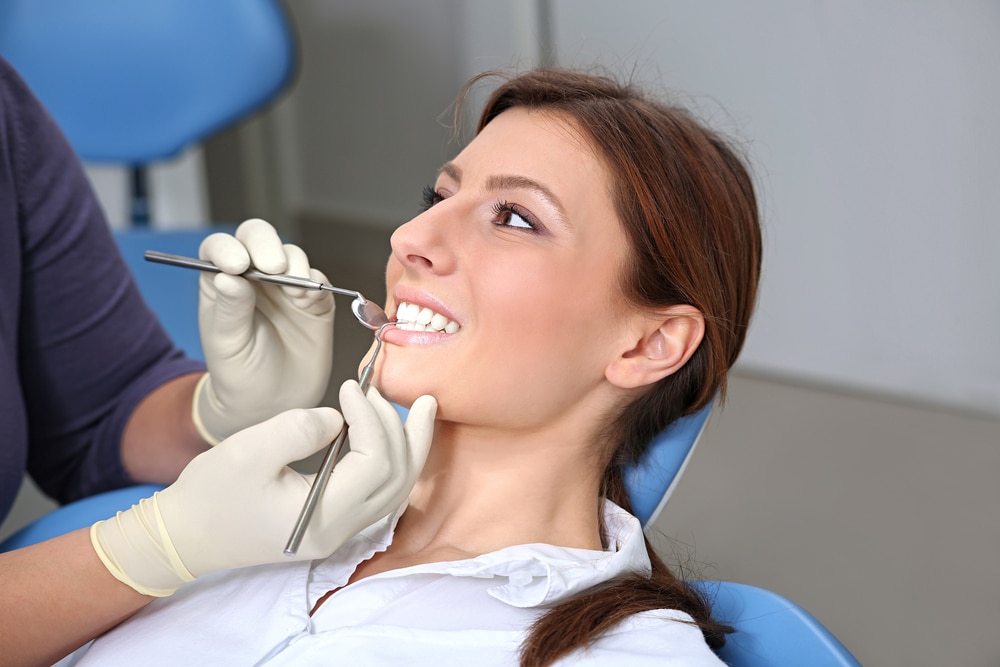Tooth Extraction
Safe and Comfortable Tooth Extractions: Restoring Your Oral Health
Tooth extraction is a dental procedure that involves the removal of a tooth from its socket. While it may sound intimidating, modern dentistry techniques and anesthesia ensure that the process is safe and comfortable. Our skilled dental team is committed to providing exceptional care and minimizing any discomfort during your tooth extraction procedure.




What is a Tooth Extraction?
A tooth extraction is a dental procedure performed when a tooth is severely damaged, decayed, infected, or causing crowding issues. By removing the affected tooth, we can restore your oral health and prevent further complications. Whether it’s a wisdom tooth extraction or the removal of a damaged tooth, our priority is to ensure your comfort and well-being throughout the process.
Importance of Replacing the Missing Tooth
After a tooth extraction, it is crucial to understand the importance of replacing the missing tooth. When a tooth is removed, the surrounding teeth may shift into the empty space, leading to misalignment, difficulties in chewing, and potential oral health issues. To prevent these complications, we offer various dental appliances such as bridges, removable partial dentures, or implants as replacement options. Our dental team will guide you through the best solution for restoring your smile and maintaining optimal oral health.


Procedure Overview
1. Local Anesthesia
Before the extraction, a local anesthetic is administered to numb the area around the tooth. Nitrous oxide gas may also be used to provide additional relaxation and comfort.
2. Tooth Loosening
Using a dental instrument called an elevator, the dentist gently wiggles the tooth within its socket. This helps to loosen the tooth and prepare it for extraction.
3. Tooth Removal
Once the tooth is sufficiently loosened, it is carefully and gently removed using specialized forceps. Our dental team ensures that the process is efficient and minimizes any potential discomfort.
4. Socket Cleaning and Post-Extraction Care
After the tooth is extracted, the dentist will clean the socket to remove any remaining debris or infection. They may also apply stitches or recommend a gauze pad to control bleeding. Post-extraction care instructions, such as how to care for the socket and manage any discomfort, will be provided.
All Insurance Plans
We strive to make dental services convenient for all patients, which is why we accept a wide range of insurance plans. Whether you have private insurance, employer-provided insurance, or government insurance, we are here to assist you in utilizing your benefits effectively.

Now Accepting
Medicare & Medicaid
Schedule Your Appointment Today!
Take the first step towards a healthy and beautiful smile by scheduling your appointment with our dental clinic.
FAQ
Is a tooth extraction a painful procedure?
Our dental team ensures that you are comfortable during the tooth extraction procedure by administering local anesthesia to numb the area. You may feel some pressure or slight discomfort, but the procedure itself should not be painful. Our priority is to provide a safe and pain-free experience for our patients.
How long does it take to recover after a tooth extraction?
Recovery time can vary depending on the complexity of the extraction and individual healing factors. Generally, it takes about a week to fully recover from a tooth extraction. During this time, it’s important to follow post-operative instructions, maintain oral hygiene, and avoid activities that may interfere with healing.
Are there any dietary restrictions after a tooth extraction?
Following a tooth extraction, it is recommended to stick to soft foods for the first few days to allow for proper healing. Avoid hot, spicy, or hard foods that can irritate the extraction site. Gradually introduce a normal diet as advised by your dentist, taking care to chew on the opposite side of the extraction area.
What is a dry socket, and how can it be prevented?
Dry socket is a condition that can occur after a tooth extraction when the blood clot that forms in the socket is dislodged or dissolves prematurely. To prevent dry socket, it’s important to avoid smoking, drinking through a straw, or excessive rinsing in the first few days after the extraction. Follow your dentist’s instructions for proper post-operative care and maintain good oral hygiene.
Can I drive myself home after a tooth extraction?
If you receive local anesthesia during the tooth extraction, it is generally safe to drive yourself home afterward. However, if you are given additional sedation such as nitrous oxide gas or if the extraction is more complex, it’s advisable to arrange for someone to accompany you and drive you home for your comfort and safety.
ACCEPTED INSURANCE:






